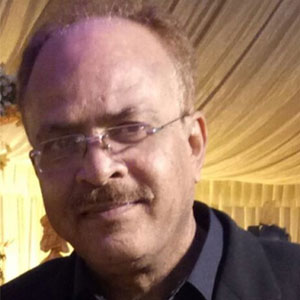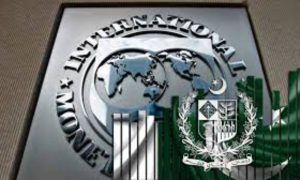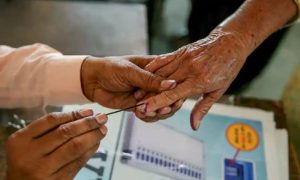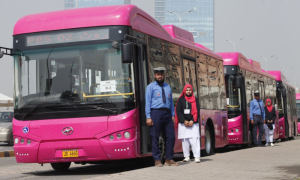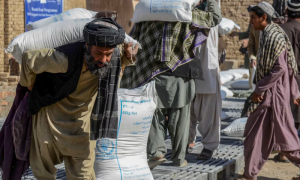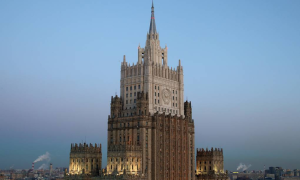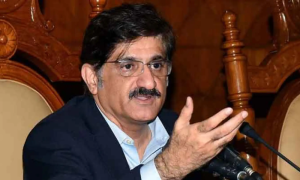A few days ago, a court in the city of Indian province Gujrat, convicted Congress leader Rahul Gandhi of defamation for making an insulting remark ” All thieves have Modi as (their) common surname”. The court order says Rahul has to serve a two-year jail sentence for contravening PM-specific privilege law.
Slurs, disparaging remarks or innuendos are quite common in political jargon these days—–demagogues often tend to censure their political opponents to cast aspersion on their integrity. But, in India, hurling insulting remarks against PM Modi is a cognizable offence.
Issues ranging from cow slaughtering to calling bad names to privileged Hindus and their associated norms have been covered legally to suppress any criticism and dissension. Why such egotistic and draconian laws are stringently imposed in India? Is there any method in this madness? Why is Modi using laws to target and silence his critics?
To answer these questions one needs to ponder deep into history. Since the rise of BJP in Indian politics, Narendera Modi has been making an ultra-nationalist appeal to the Hindu majority while disregarding needs and wishes of hundreds of millions of minorities. Modi is insidiously navigating so called, Indian secular democracy towards a worst form of majoritarian rule.
Presently, unparalleled across the world—–Majoritarianism is a political philosophy with an agenda asserting that a majority on the basis of religion, language or other category of population is entitled to a certain degree of exclusive primacy in society and has the right to make decisions with blatant disregard to minorities—- majoritarianism—–An anomalous dispensation in the world of politics, looks akin to democracy——— but its impact on society is quite reverse to what democracy enshrines.
Presently, a stark manifestation of majoritarian rule can be found, beside India, in Australia, Canada, Cuba and Ivory coast but Sri Lanka is the worst among them. In SL sinhalese majority enjoys an inalienable right to rule, since decades, and the Tamil minority just suffers under——–Few examples will elucidate how majoritarian rule works in India against minorities—-Controversial citizen act decreed by Modi govt in 2019, speaks volumes of deep rooted hatred against muslim minority——–Naked and brutal act of Aug 5, 2019 in illegally occupied Jammu and Kashmir valley negates all basic norms of constitutional spirit and democratic nicety–Mob lynching and public humiliation of communal rivals is the order of the day——— With plummeting ranks in religious freedom and HR index india’s democratic credentials are fast losing value.
Adherents of Hinduism believe the Hindu majority should rule whichever way it wants with a blitheful disregard for minorities——–Could a Hindu nation be built through such doings at the state level?——–After 75 years of independence, India is still looking for ideological moorings to build a Hindu nation upon it——–But, the question is, can nationalism be evolved through by forceful method of imposing majority over minority——— In terms of sociopolitical realities, certainly not.
Prior to partition in British India, Quaid-e-Azam was also haunted by such an eventuality of a permanent Hindu majority during his constitutional struggle to secure the political rights of the Muslim minority———With Congress wishing to prevail over Muslim minority under the guise of “One India” policy, Quaid purposefully pushed for independent dominion status for Muslim majority areas——His vision for political rights of Muslims in British India has been corroborated, over the years, by unfolding events since 1947.
Authors of the US Declaration of Independence were aware of the fact that democracy is fraught with the danger of a frenzied majority unleashed over the minority. That is why there is no mention of the word democracy in the declaration document. “We have given Americans a “Republic”——- A state where the law protects the rights of individuals against the majority.
Among all forms of government, democracy is not an easy adaptation—— Because democracy is a living and changing organism. It is a set-up where basic rights may quickly transform into sovereign rights. Today India is bracing against dozens of separatist forces, including the vociferous Khalistan movement.
On the ideological front, India is splitting from within.——— A dichotomy between Hindu nationalists and Indian democrats is becoming sharp with each passing day—–Gandhi assassin Natho Ram Godse is being revered as the true spirit of Hindu nationalism. On the other hand, a non-violent figure of Gandhi is being castigated as a traitor who wanted to appease Muslims to promote Indian brotherhood.
Polarization in India is more virulent than it has been in the past, and there seems to be no moment of respite in this maelstrom.
Since the times of classical Greek, it has been routinely presumed that the majority of the world population was poor and ignorant, and they are of no account to decision-making.
With all its fault lines and complexities, democracy is still considered the best model humanity can have as a sociopolitical order—-But, will it survive the onrush of majoritarian frenzy and safeguard the minority from the tyranny of the majority. Keeping in view the ongoing vendetta between the Hindu majority and non-Hindu minority, one may ask, will democracy be the last word in India—–Nobody knows yet—–To reckon with the truth of the answer we will have to wait and see.









